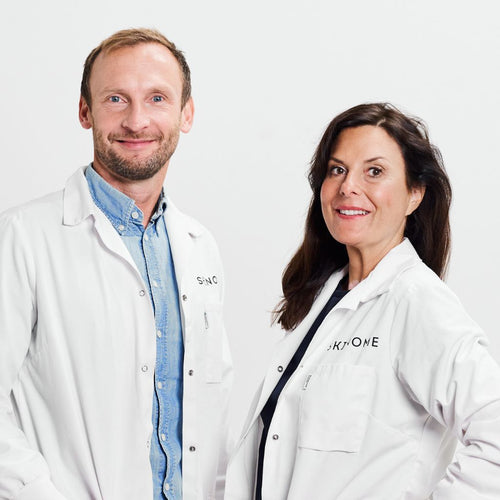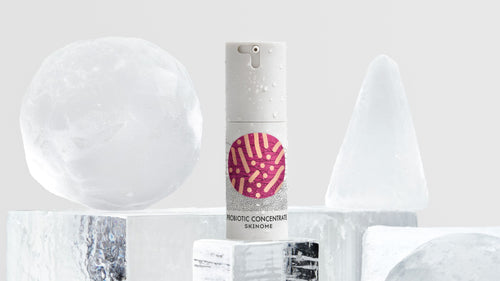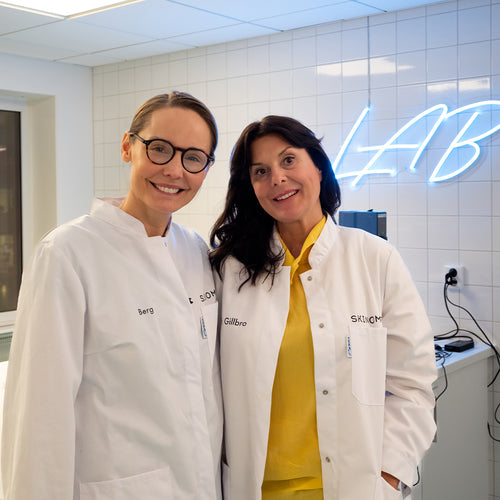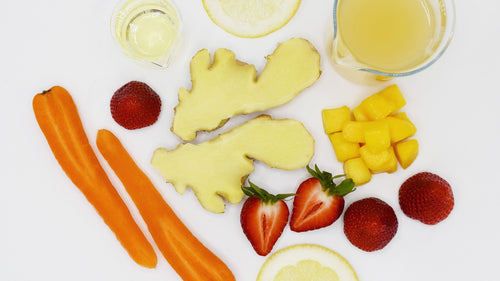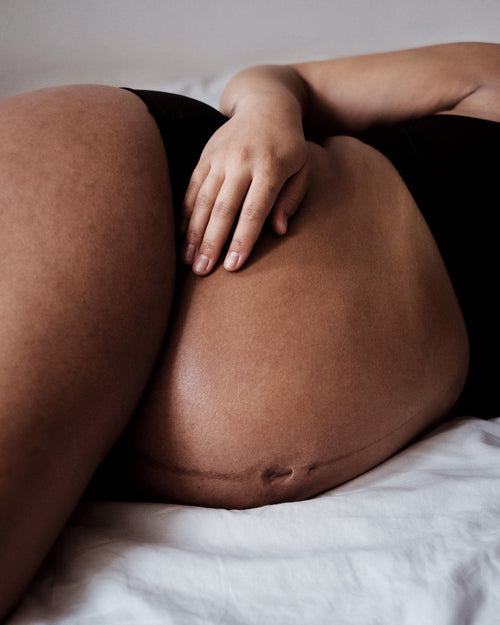References
Bouilly-Gauthier C, Maubert JY, Duteil L, Queille-Roussel C, Piccardi N, Montastier C, Manissier P, Pie´rard G, Ortonne JP (2010) Clinical evidence of benefits of a dietary supplement containing probiotic and carotenoids on ultraviolet- induced skin damage. Br J Dermatol 163:536–543.
Zebra JJ. Influences of microbiota on intestinal immune system development. Am J Clin Nutr. 1999;69: 1046S–51.
Di Marzio, L., Cinque, B., Cupelli, F., De Simone, C., Cifone, MG, & Giuliani, M. (2008). Increase of skin-ceramide levels in aged subjects following a short-term topical application of bacterial sphingomyelinase from Streptococcus thermophilus. International journal of immunopathology and pharmacology, 21(1), 137–143. https://doi.org/10.1177/039463200802100115
Éile Butler 1 2, Christoffer Lundqvist 1, JA 1. Lactobacillus reuteri DSM 17938 as a Novel Topical Cosmetic Ingredient: A Proof of Concept Clinical Study in Adults with Atopic Dermatitis. Microorganisms (2020).
Fabbrocini G, Bertona M, Picazo O, Pareja-Galeano H, Emanuele E (2016) Supplementation with Lactobacillus rhamnosus SP1 normalizes skin expression of genes implicated in insulin signaling and improves adult acne. Benef Microbes 7:625–630.
Gillbro Johanna. The Scandinavian Skincare Bible. 2020. Scribe Publications. ISBN: 9781912854943.
Guarner F, Schaafsma GJ. Probiotics. Int J Food Microbiol 1998;39:237–8.
Guéniche A., Benyacoub J., Blum S., Breton L., Castiel I. (2013) Probiotics and Skin Health. In: Watson R., Zibadi S. (eds) Bioactive Dietary Factors and Plant Extracts in Dermatology. Nutrition and Health. Humana Press, Totowa, NJ. https://doi-org.focus.lib.kth.se/10.1007/978-1-62703-167-7_5.
Isolauri E. Probiotics in the prevention and treatment of allergic disease. Pediatr Allergy Immunol. 2001;12:56S–9.
Isolauri E, Sutas Y, Kankaanpaa P, Arvilommi H, Salminen S. Probiotics: effects on immunity. Am J Clin Nutr. 2001;73:444S–50.
Lisbeth Jeppesen, Niels Henrik Valerius, AP Effect of probiotic Lactobacillus strains in children with atopic dermatitis. J Allergy Clin Immunol (2003).
Khmaladze, I., Butler, É., Fabre, S. & Gillbro, JM Lactobacillus reuteri DSM 17938—A comparative study on the effect of probiotics and lysates on human skin. Ex. Dermatol. (2019) doi:10.1111/exd.13950.
Krutmann J. (2009). Pre- and probiotics for human skin. Journal of dermatological science, 54(1), 1–5. https://doi.org/10.1016/j.jdermsci.2009.01.002.
Macfarlane GT, Gibson GR. The human colonic microbiota. In: Gibson GR, editor. Colonic microbiota, nutrition and health. Dordrecht: Kluwer Academic; 1999. pp. 1–25.
Maguire, M., & Maguire, G. (2017). The role of microbiota, and probiotics and prebiotics in skin health. Archives of dermatological research, 309(6), 411–421. https://doi.org/10.1007/s00403-017-1750-3.
Ouwehand, Arthur & Tiihonen, Kirsti & Lahtinen, Sampo. (2017). The Potential of Probiotics and Prebiotics for Skin Health. DOI 10.1007/978-3-662-47398-6_77.
